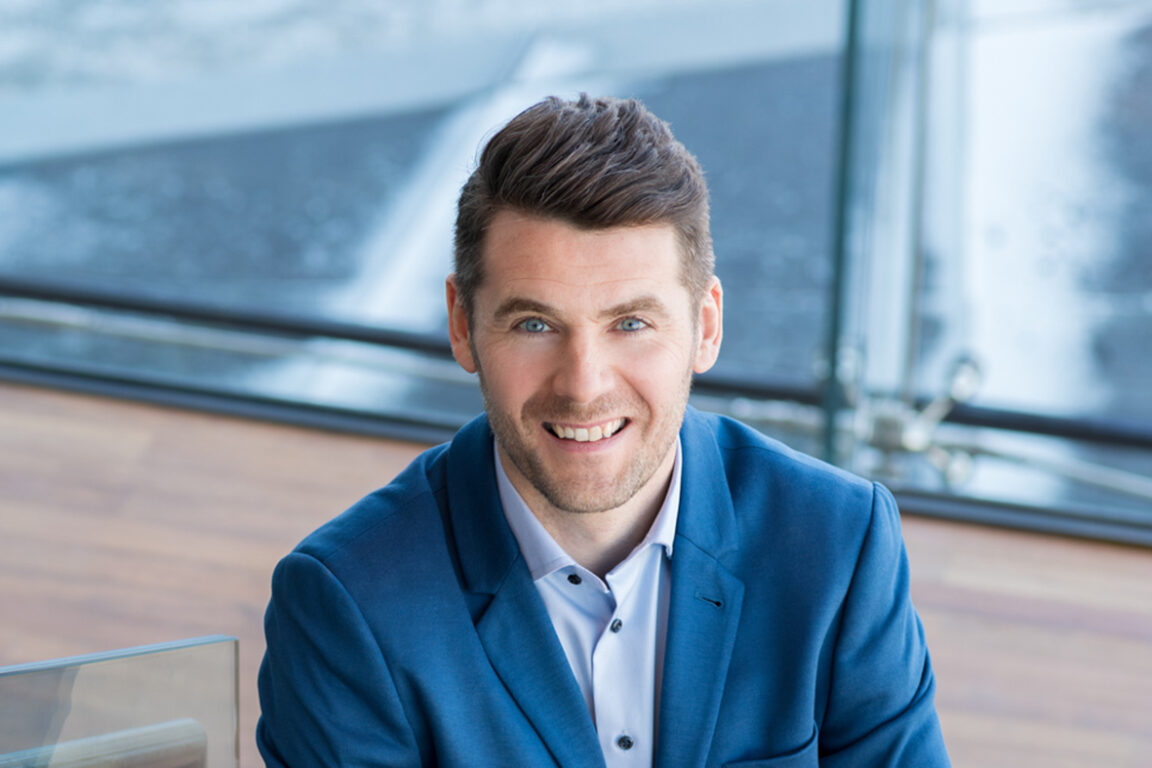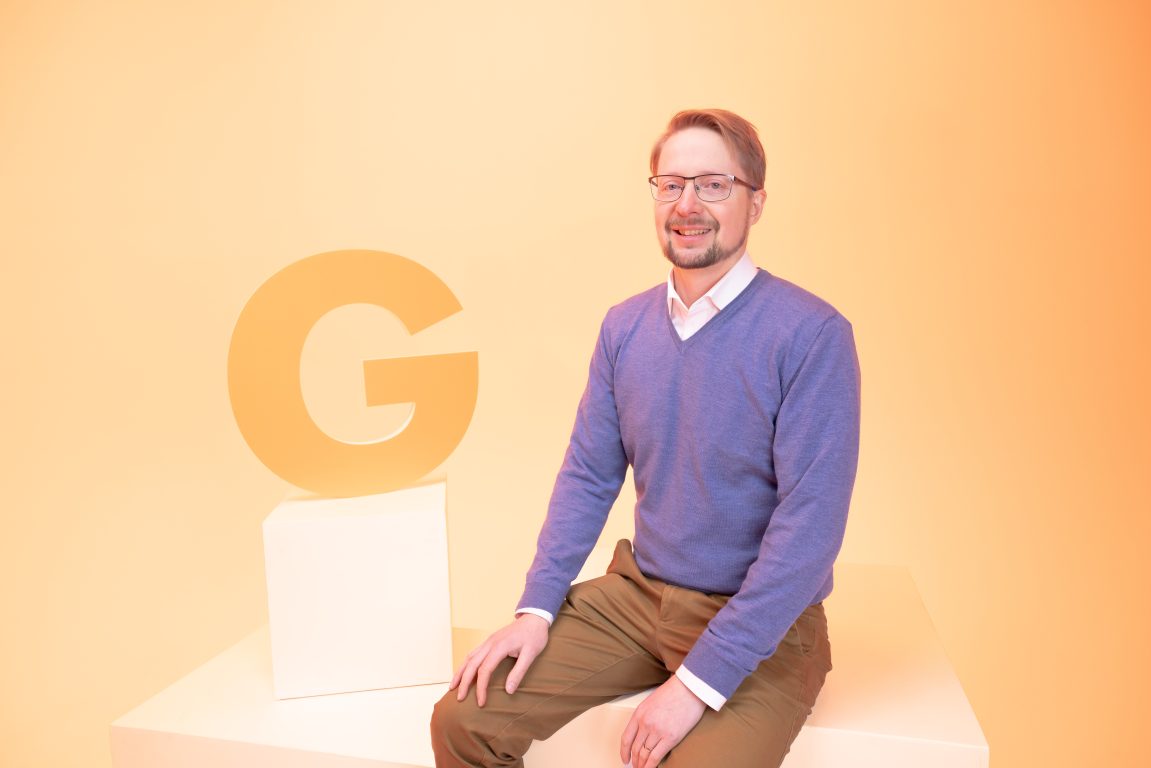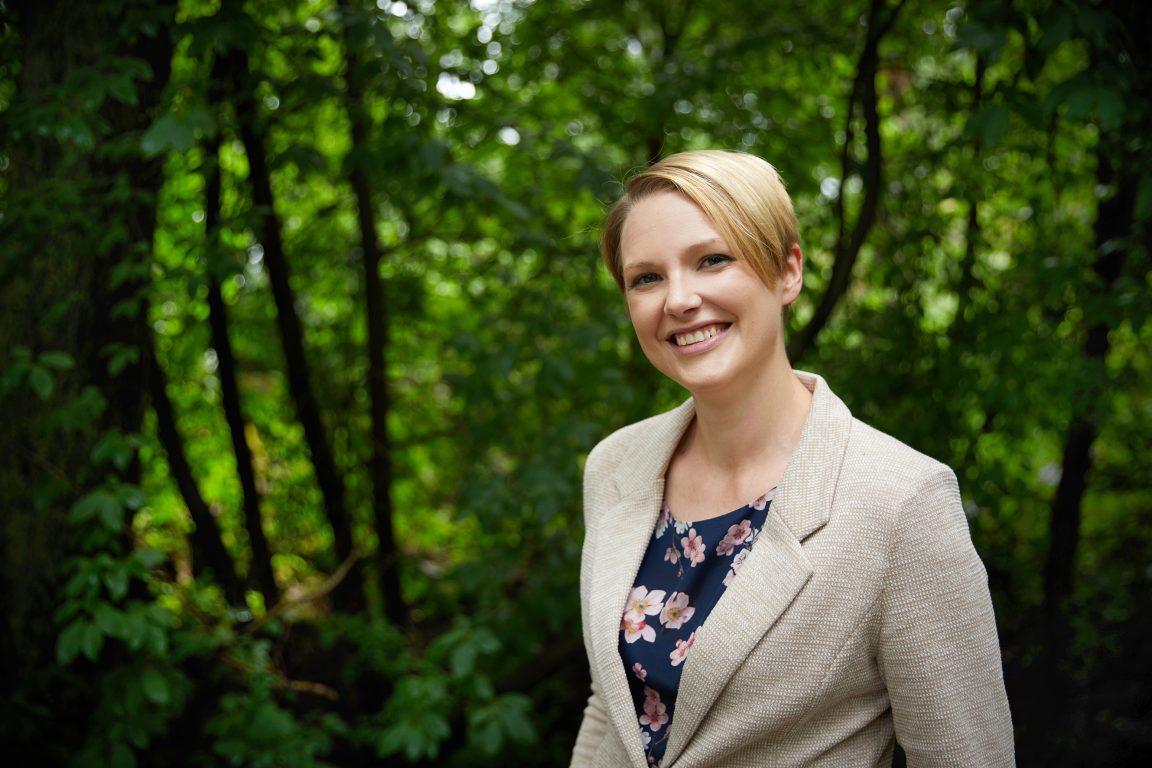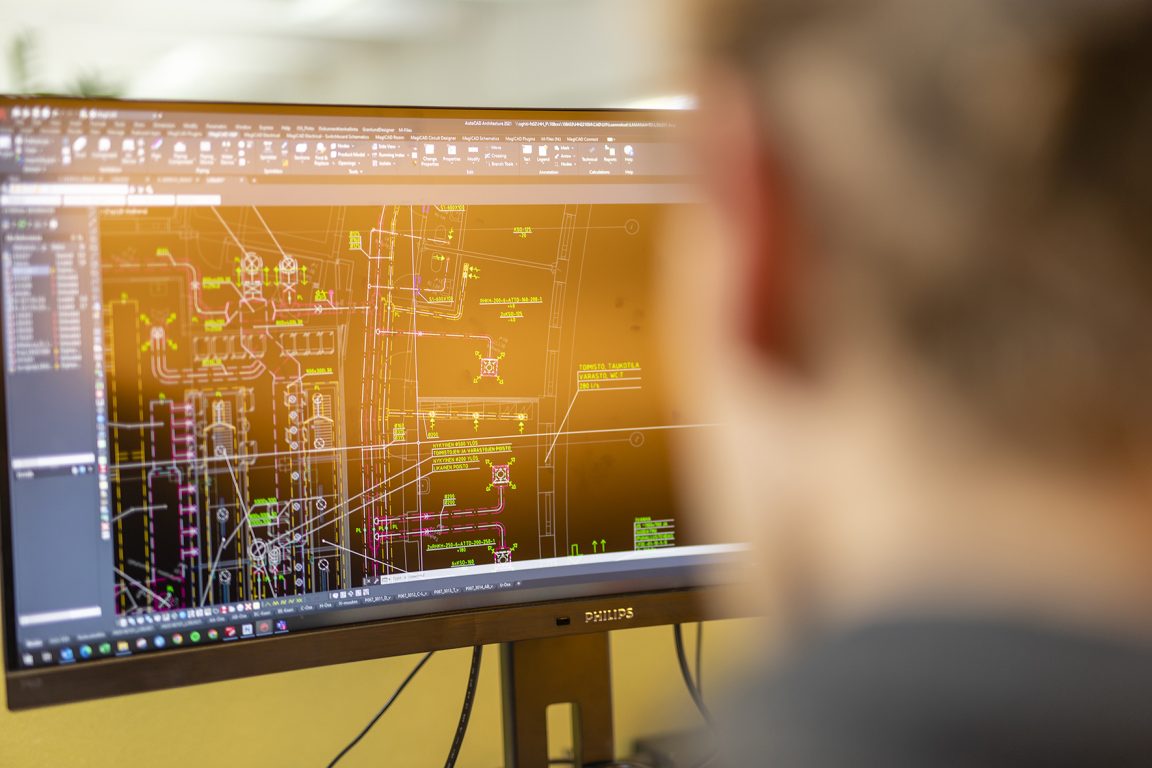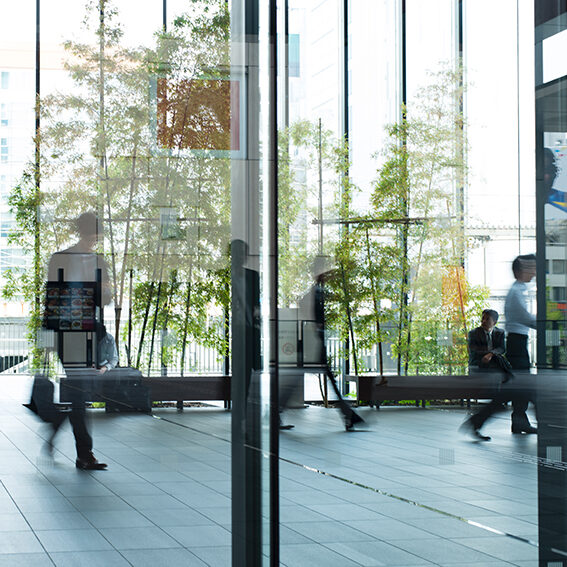
Let’s solve the green transition together – everyone benefits from sustainable operations
We are confident that humanity will find ways to take care of the Earth. Sustainability involves not only taking care of the environment, but also the well-being of people.
We are a leading sustainability player in the real estate and construction sector
150+
More than a hundred sustainability and energy consultants
400
Sustainability-guided construction projects every year
60
NPS for Granlund’s sustainability services

Say no to greenwashing!
Our services always have a real impact on your sustainability. We do not carry out measures that result in greenwashing.
Instead of simply producing documentation to collect dust in your archives, we genuinely help you reach your sustainability goals.
Legislators and investors require sustainability.
NEW:
Waste Data Playbook
The requirements for waste sorting and reporting have increased and will continue to do so, especially as recycling rate targets are raised.
This handbook serves as a simple guide to understanding a very complex topic. Its purpose is to help manage the ever-growing volume of waste information.
Our goal is to improve the accuracy and resource efficiency of environmental reporting related to waste.
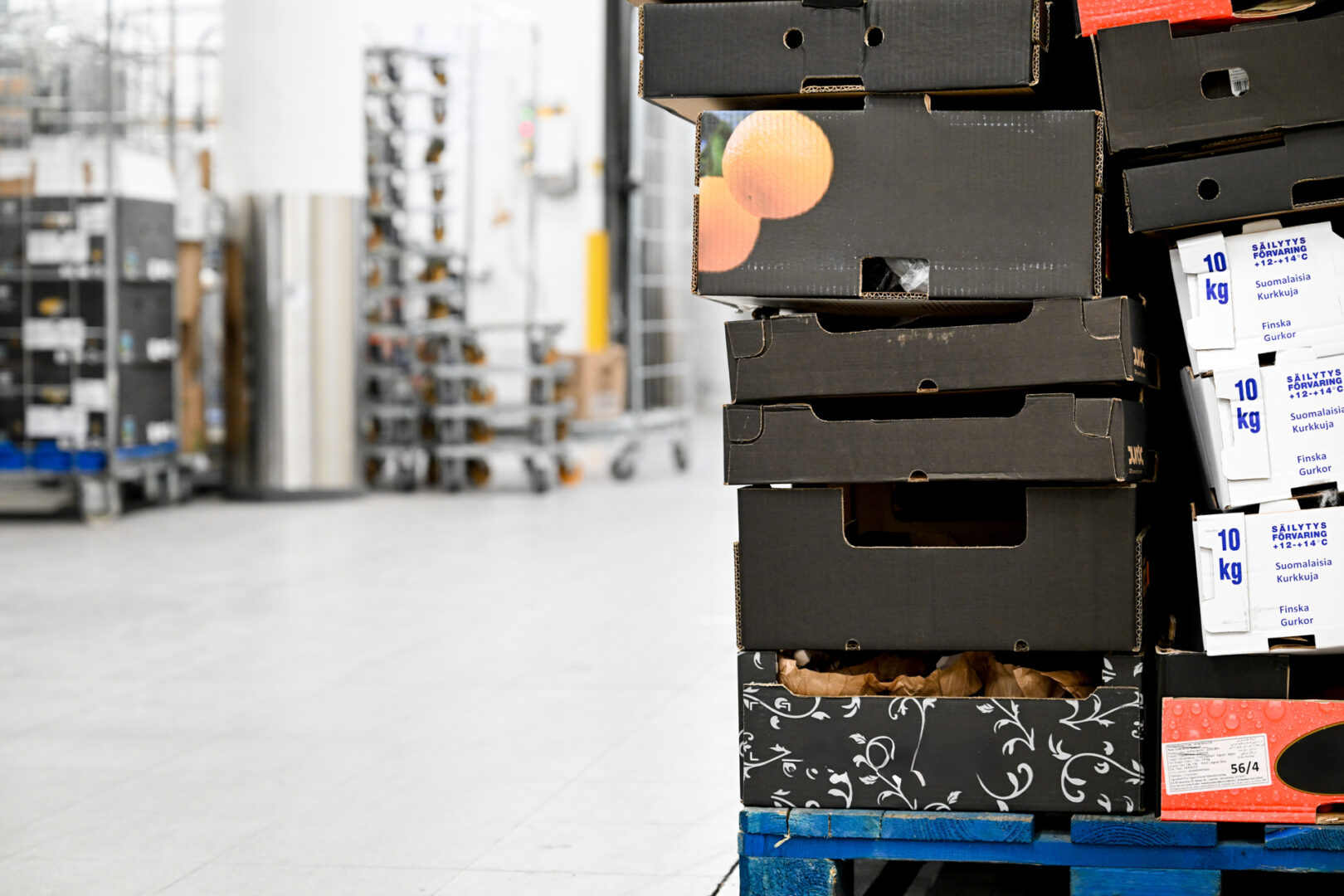
Download the Playbook with this form
Read more about sustainability
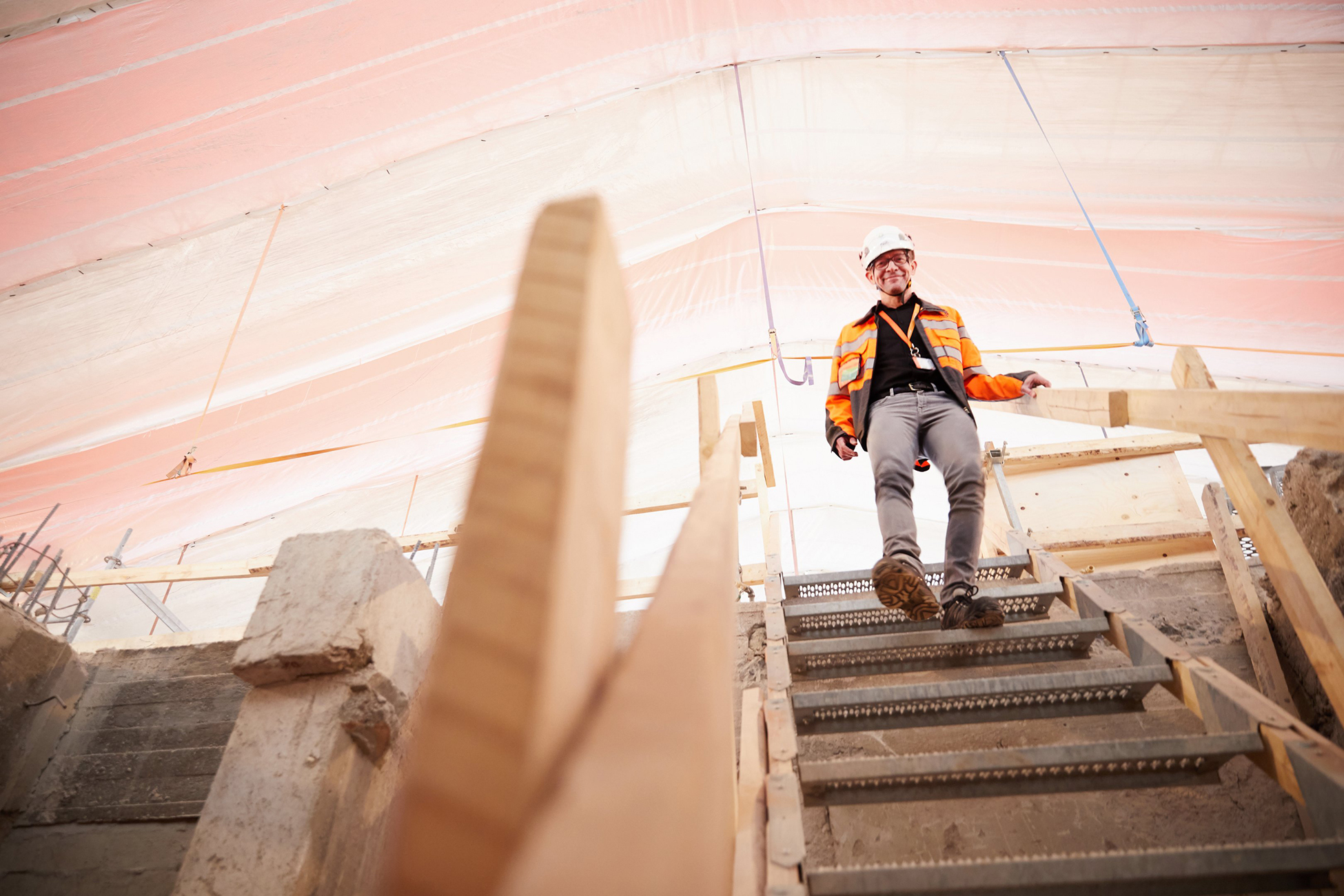
Market survey: real estate investors lead the way in the environmental sustainability of construction projects
According to a market survey on environmental sustainability carried out by Granlund, clear environmental targets are rarely set for construction projects. There is also room for improvement in the way their implementation is monitored.
Towards carbon neutrality – and beyond
Companies and organisations in the real estate and construction sector have increasingly set themselves the goal of low-carbon or completely carbon-neutral business. The most ambitious ones are already talking about carbon negativity. The means to achieve these are already there, but achieving the goals will require being systematic and comprehensively reviewing the measures to reduce emissions.
Despite the common belief, low-carbon construction does not always cost more than conventional construction. On the contrary, ecological solutions in design and material choices can reduce lifecycle costs.
In construction, the desired outcome is reached when low carbon emissions or carbon neutrality are set as the goal already before the actual planning commences.
In existing properties, a systematic and comprehensive approach produces the best results in terms of reducing the carbon footprint. After surveying the emissions, the next step is to find out how the emissions can be cut most efficiently. It is essential to focus on the biggest and fastest-acting emission reduction measures.
Roadmap to carbon neutrality
A well-managed carbon neutrality project can bring significant resource and cost savings and improve a company’s competitiveness. We are here to help you achieve your sustainability goals.
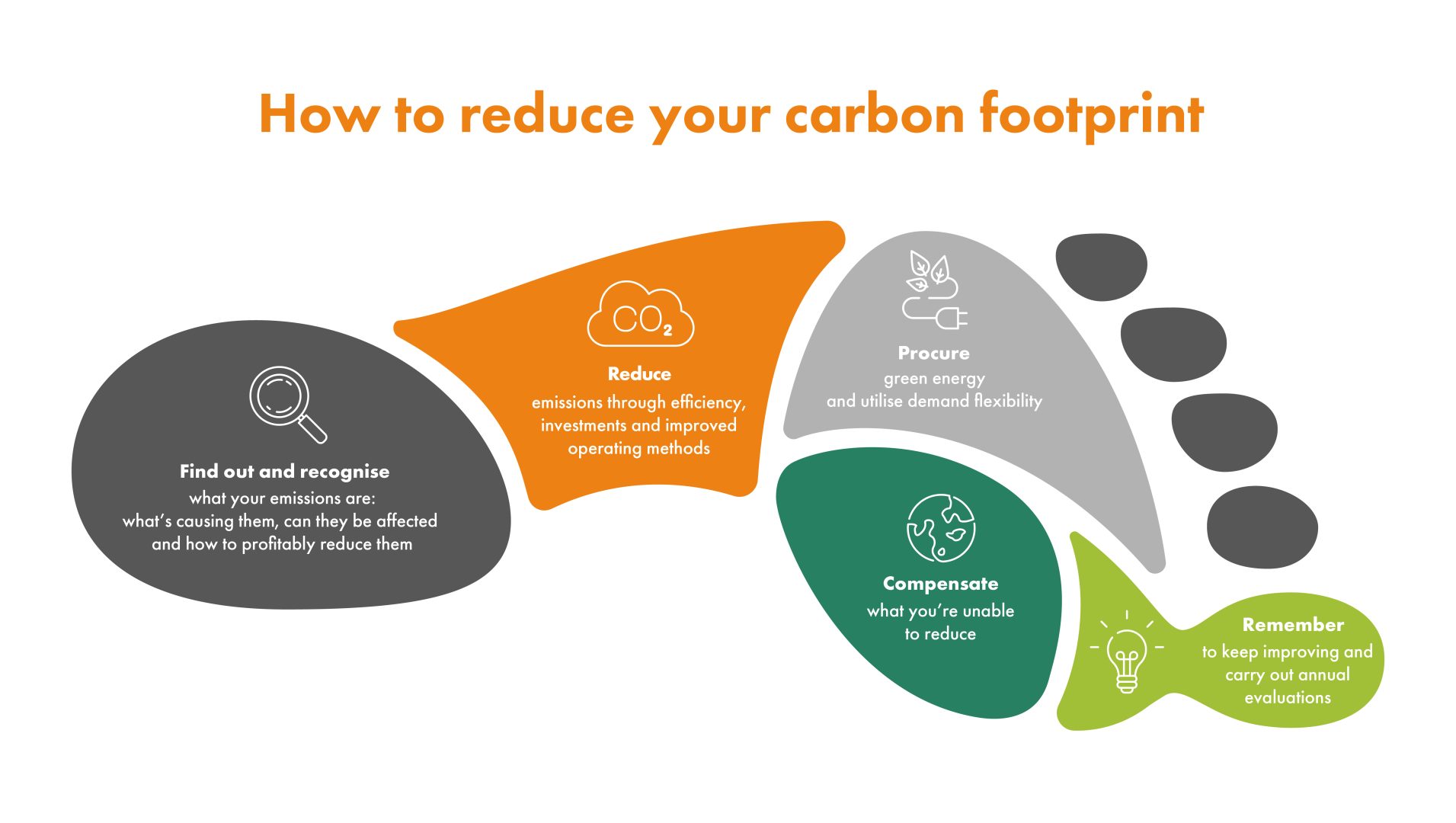
1.
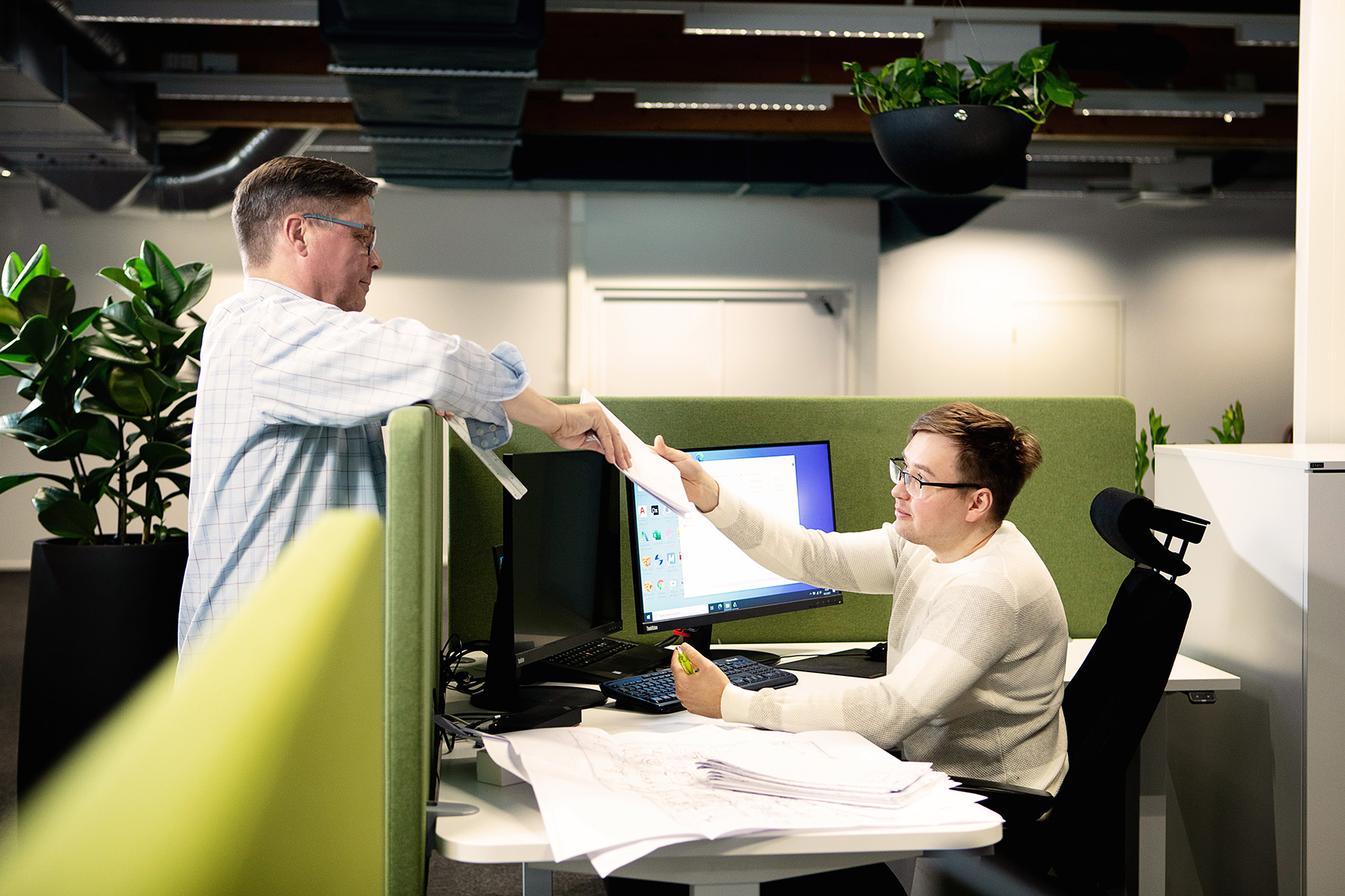
Current state survey
2.
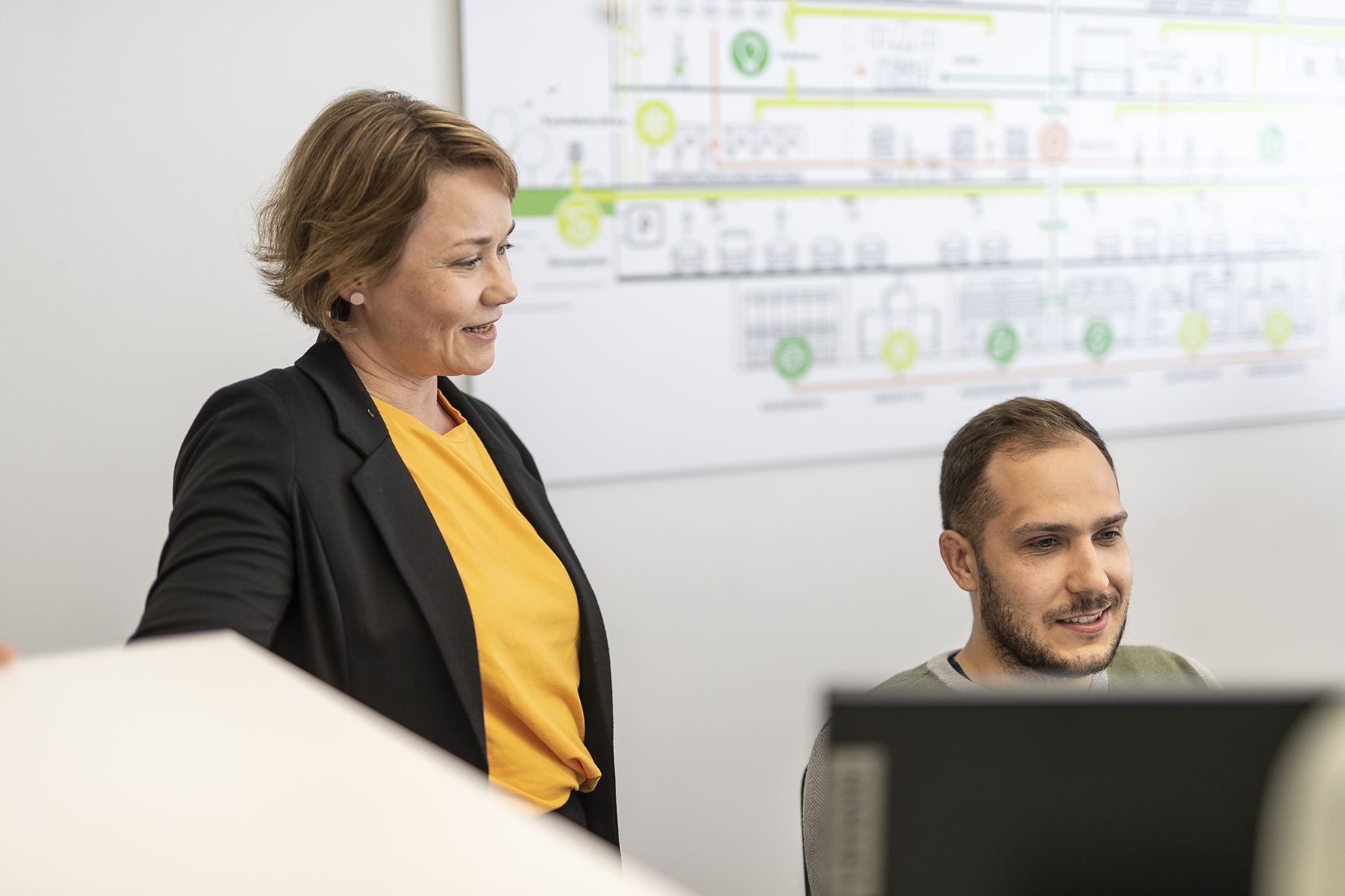
Roadmap
3.
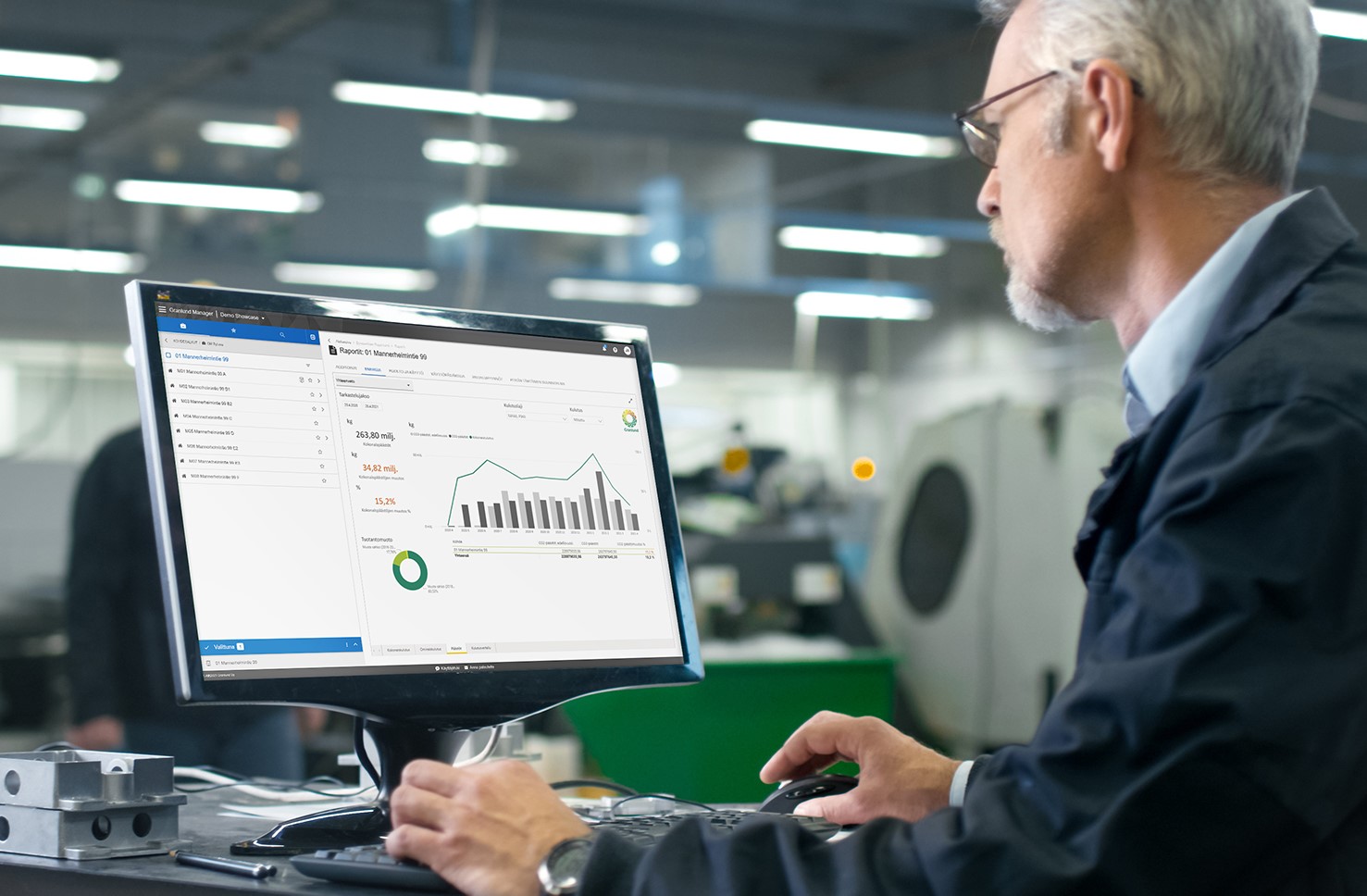
Continuous monitoring
Does your property portfolio meet the EU taxonomy requirements?
The EU taxonomy defines sustainability criteria for environmentally sustainable investments. To comply with the taxonomy, business operations must produce a significant improvement in climate change mitigation or adaptation without having an adverse effect on other environmental objectives. Initially, the taxonomy compliance reporting obligation applies to the financial sector and major companies, but the effects are quickly reflected in the real estate sector as a whole.
According to forecasts, in 2025, one third of investments will be made in ESG investment objects that have been assessed as sustainable. When financiers look for sustainable investment objects, the value and liquidity of properties that meet the taxonomy requirements will increase.
AI Taxonomy Survey
Granlund’s AI-based AI Taxonomy Survey is the most efficient calculation tool on the market for assessing the taxonomy potential of existing properties. We can quickly establish the potential of even a wide range of properties to meet the EU taxonomy requirements.
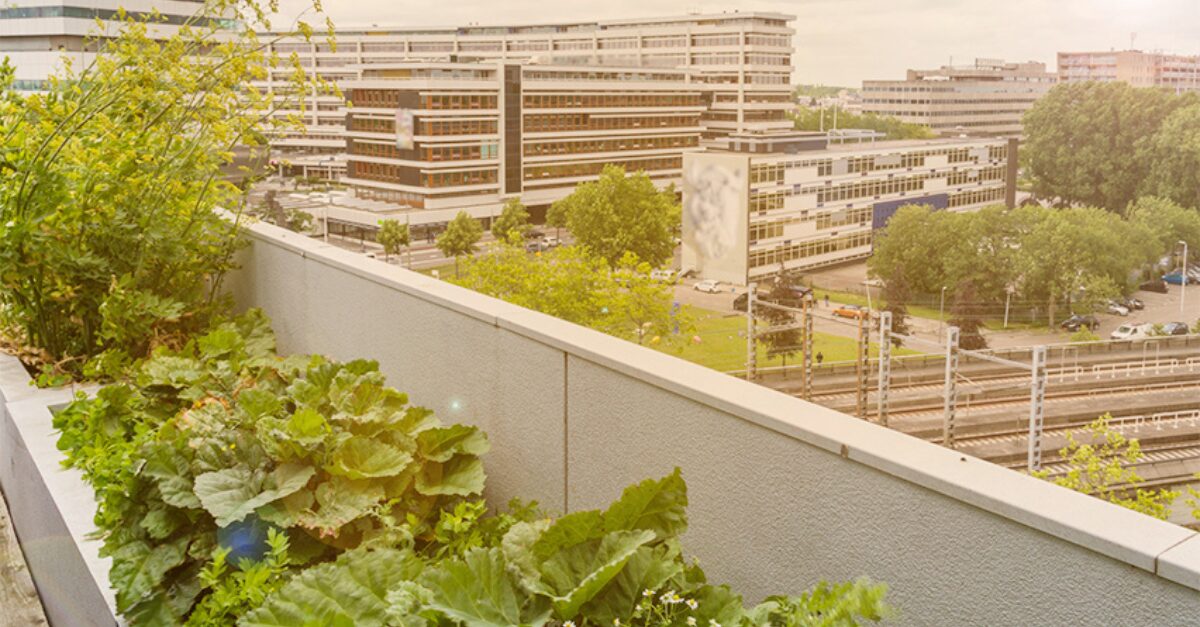
Circular economy is a necessity
Promoting the circular economy is also making its way to the real estate and construction sector. The starting point is that all resources should circulate as efficiently as possible, whether energy or material is concerned.
From the point of view of Earth’s carrying capacity, the circular economy is a necessity, because together with infrastructure construction, the construction sector globally consumes approximately 40–50% of the world’s raw materials. Alongside low-carbon economy, the circular economy is an efficient way of minimising the negative impacts of construction.
As a company specialising in MEP design services, the circular economy is particularly visible in our energy solutions: energy recycling is taken into account in every one of our projects that concern energy systems.
In the future, even smarter use of materials will be increasingly on the agenda. The circular economy of materials is boosted by the increasing availability of information about building materials and their environmental impacts.
In construction, the circular economy is closely linked to the reduction of emissions and carbon footprint. For example, our carbon footprint calculation can be used to determine if a site should be demolished and built anew, or if the best option would be to renovate the existing building.
Emphasis on the well-being of the property’s users
Sustainability is also about the well-being, health and safety of the property’s users. Every construction and development project and property management should aim to create conditions in which people feel well.
Research proves that people perform better, cooperate better and make better decisions in comfortable premises. Indoor comfort is enhanced by optimum air quality, lighting and sound conditions, for example. It is also important to ensure that buildings serve everyone equally.
We are well familiar with both properties and their MEP and we know how important buildings are for people’s well-being. Our off-the-shelf concepts and digital tools help develop well-being and the user experience step by step.
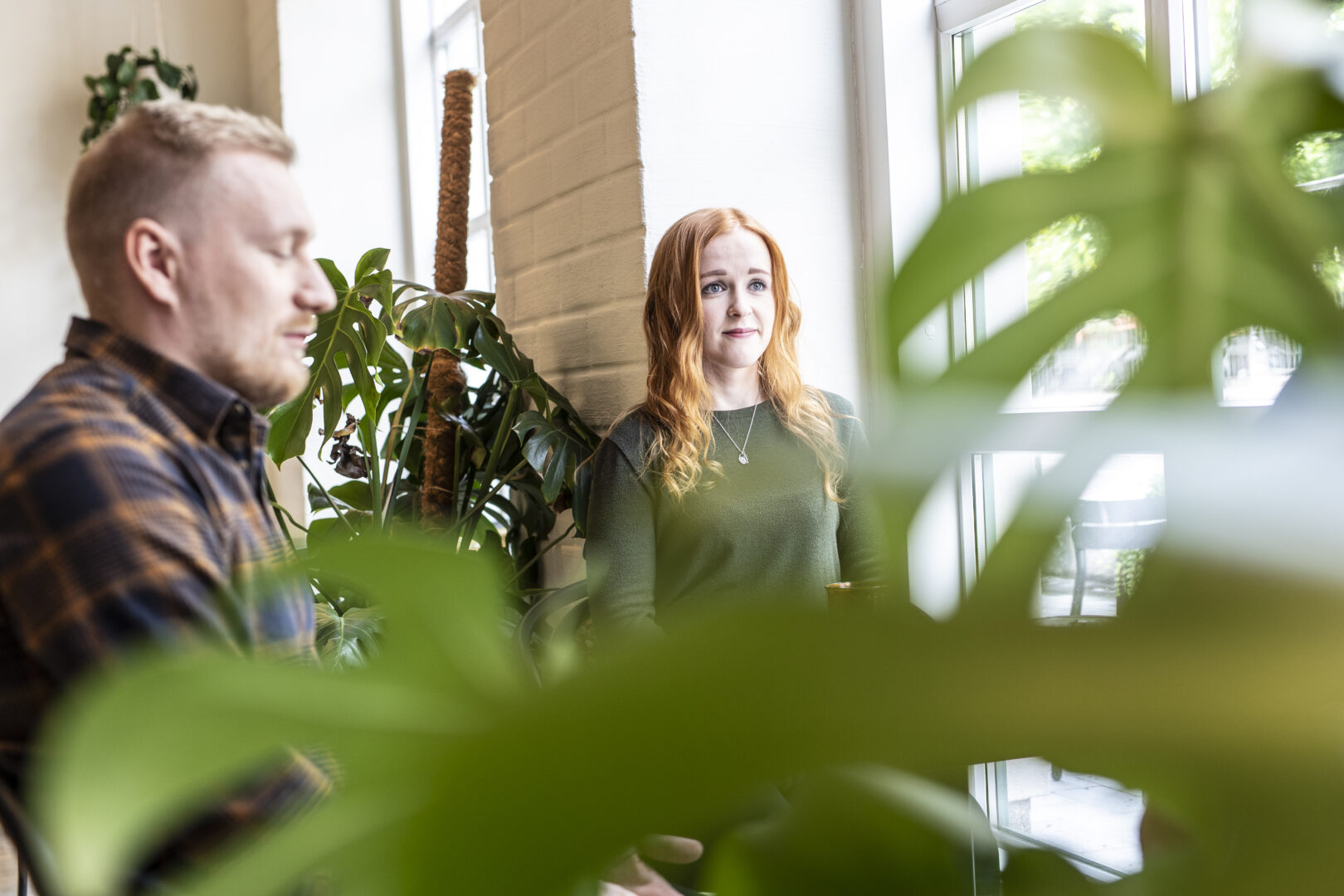
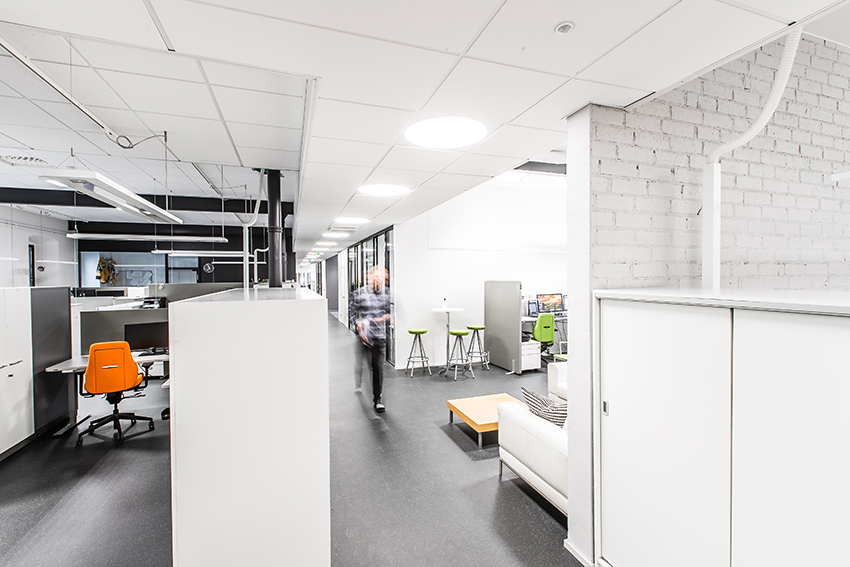
Adaptability is sustainability
Buildings can no longer be designed and built to serve a single purpose. Making buildings adaptable ensures that they are future-proof. It is smart to ensure that the buildings meet the changing needs of business, work and the property’s users in the future as well.
Would you like to discuss the topic in more detail? Contact us

Tytti Bruce-Hyrkäs
Tytti Bruce-Hyrkäs is a long-term expert in the real estate and construction sector. She has also exported Finnish carbon neutrality expertise around the world, working with leading experts in the field in dozens of countries.
Bruce-Hyrkäs also has a wealth of experience in development work in this field. Among other things, she has been involved in preparing the Ministry of the Environment of Finland’s low-carbon construction road map report on introducing the building’s lifecycle carbon footprint to the steering of the construction sector.
In addition to her work, Bruce-Hyrkäs chairs Green Building Council Finland’s low-carbon construction committee in cooperation with approximately 60 construction-sector specialists.

Maila Herva
At Granlund, operating sustainably is about taking responsibility for the quality of one’s own actions and for the environment. It is important that sustainability is present in our day-to-day lives.
Granlund has been a pioneer in Lean thinking in the real estate and construction sector. According to Maila Herva, there is still a lot of room for improvement in Lean thinking and operations in the design and construction sector.
Currently, the mitigation of climate change is emphasised in Herva’s work. Granlund has taken, and will continue to take, major steps to reduce emissions. The goal is to be a carbon-neutral company.
However, the work that our experts do with their customers is of key importance in reducing emissions. In the fight against climate change, technical building services play a huge role. Granlund’s goal is to maximise the carbon handprint, i.e. to maximise the emission-reducing impact in customers’ sites or projects.
Good conditions for sustainable growth are there when employees feel good and enjoy their work and the working methods and equipment are in order.
Our other strengths
Energy
Energy has been at the core of our operations throughout our existence of more than 60 years. We have extended our carbon handprint to the entire lifecycle of properties.
Productivity
New business models, refined collaboration, modern IT solutions and strong lifecycle management models are needed to improve productivity in the construction sector.
Data and digitalisation
At Granlund, we believe that data and digital tools serve all real estate and construction sector parties from investors and developers to property users and maintenance staff.
Ask for more information or request a quote
Tell us about your project or what kind of service you need. We will get in touch with you shortly.
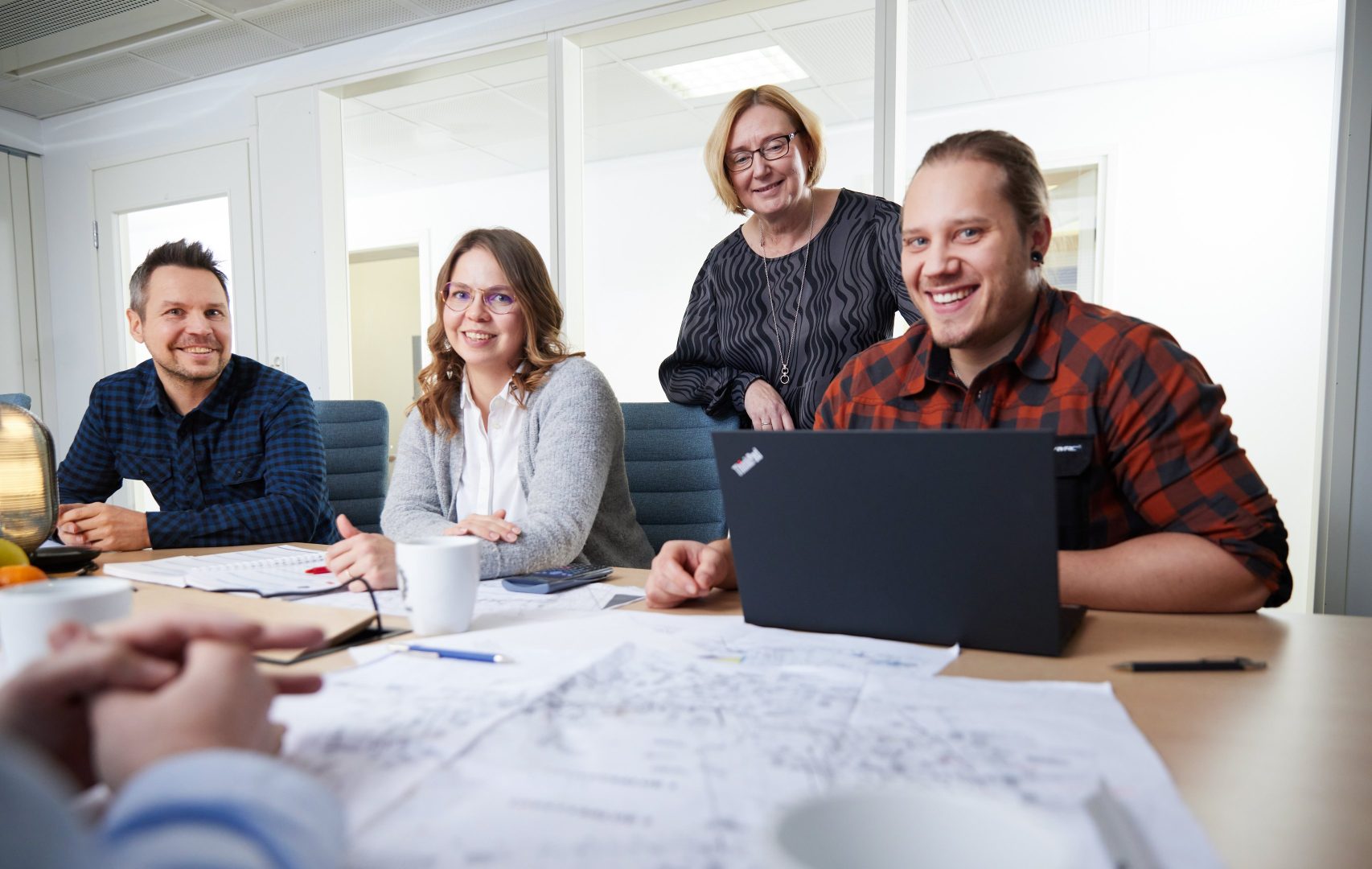
Find your nearest contact person
Subscribe to our newsletter
Be amongst the first to hear about the latest news and trends relating to Granlund and the real estate and construction sectors


